News
Interview Seiji Kameda
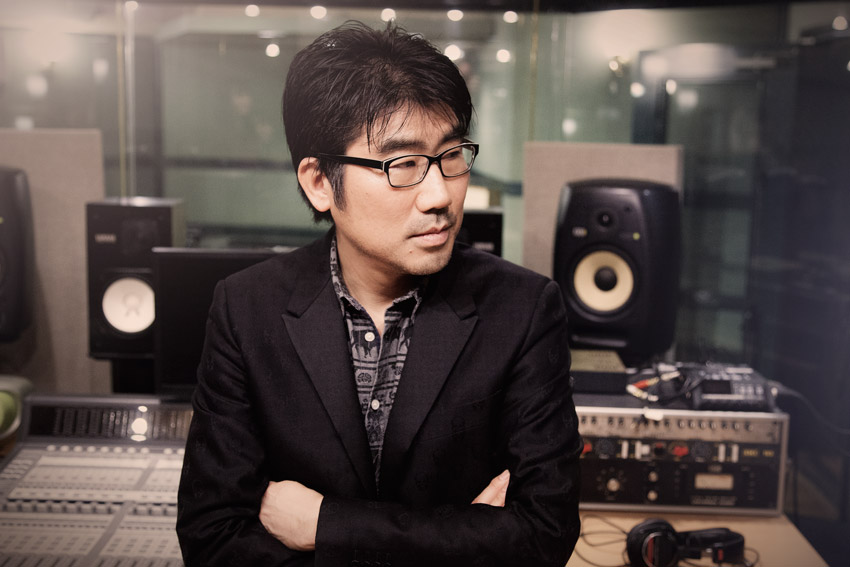
You’ve probably never noticed his face but he is actually the most desired artist in J-pop. Producer, arranger, composer, Seiji Kameda worked with the greatest J-music stars on multi millions sellers albums, before being revealed to wide audience as Tokyo Jihen’s bassist, the famous « super band » formed around incredibly talented singer Shiina Ringo. In the middle of the production of next Glay’s album (a band which has already sold 40 millions records…), the ultimate man in the shadows of japanese music industry agreed to explore his career in a totaly exclusive interview for Coyote Mag.
You started to learn piano when you were three, then classical guitar when you were ten. When exactly did you fall in love with bass guitar?
Actually, it had already started when i was learning playing guitar. I was immersed in many Beatles tracks and I instinctively started to follow Paul McCartney’s bass guitar lines…
You came to live in Tokyo when you were a teenager and you’ve quickly built your own BLC (Broadcast Communication Limited) to be able to listen to American radios. You even started to broadcast your own musical program when you were 13… What kind of music did you play then?
The BLC was basically a way for me to stay in touch with the American Billboard, The Hot 100… And I was often angry to not see my favourite artists on the top of the charts. So, my broadcast was a kind of personal Billboard! I was bringing some musical justice, defending the artists who were for me the real number ones!
In 1999, you wrote musical arrangements for MUZAI MORATORIUM at Kame-Chan Studio B. What can you say about this first meeting with Sheena Ringo’s music?
It was originally an EMI proposal. They wanted me to meet and work with Sheena Ringo for a very specific reason: they were very interested in Sheena’s songs but her material was considered as too much innovative. EMI then looked for someone able to tune her brand new style with the J-pop musical standards of that time. So my first role was a kind of “regulator” of her music.
About a year later, SHÔSO STRIP is released. What was the story behind its length, precisely 55 mn 55’?
There’s no special meaning behind this length. It’s an old and common Japanese habit, which actually Sheena likes a lot: when you repeat the same number, it is supposed to bring good fortune. So we decided at the end of the process to extend the length form 55 mn 49’ to 55 mn 55’. It was pure fun. And it was exactly for the same reasons we stopped NOUDOUTEKI SANPUNKAN, a Tokyo Jihen track, at exactly three minutes. It was also simply for fun.
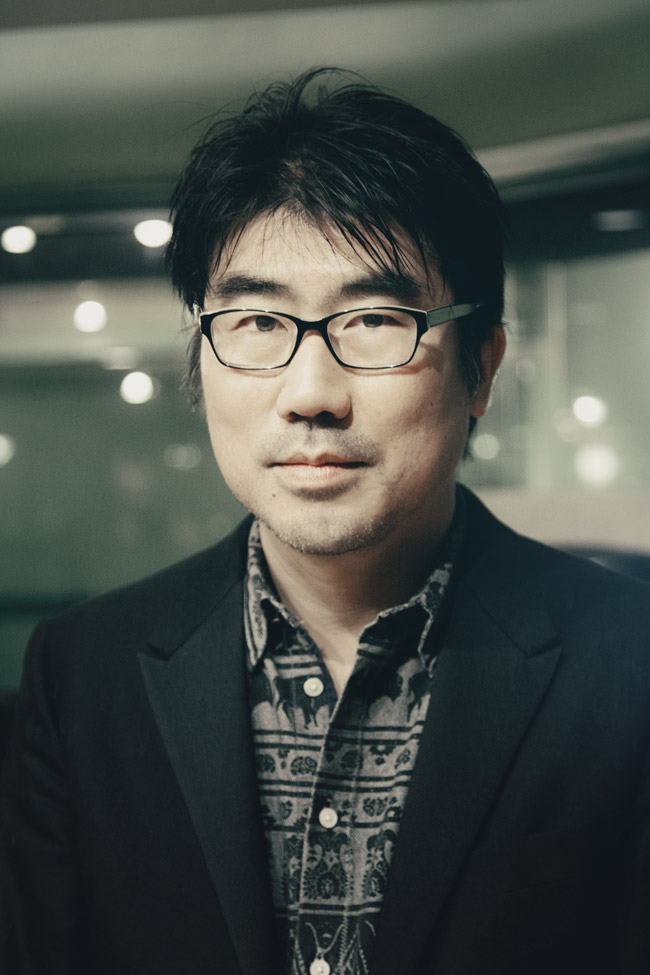
Also in 2000, you’ve produced Do As Infinity first Album, BREAK OF DAWN, which ended very successful but in a very different style from Sheena Ringo’s. Was it easy to adapt yourself to their style?
After the success achieved with Sheen Ringo in 1999, a lot of artists contacted me and wanted me to work with them. They believed in a “Kameda’s Touch” and among them, there was Do as Infinity. It was easy for me to find out why their music was not consistent enough at that time: they did not have a bassist… And that was naturally for that reason I ended working with them. Another reason was that, contrary to Sheen Ringo, they did not have issues working with the animation or the advertising industry and their style was softer and more accessible. In fact, I truly believe there’s no really a “Kameda’s Touch” as all the artists I worked with, whether it’s bands like Spitz, Do as Infinity or solo artists like Sheena Ringo or Ken Hirai, each have their own special rhythm, and musical identity. My role is to understand what is so unique about them and to fit as closely as possible their style.
It’s obvious regarding your talent and experience but don’t you feel any pressure to work with all these million-sellers artist?
Actually NONE! (laugh) When Spitz contacted me, I was already a great fan of this band. So, for me, it’s always and only a pleasure to have such proposal. I work right now with Glay, a band of which I’m also a huge fan. When artists like that want to work with me, I take it as a declaration of love and I can only give back that love with my experience and my deep appreciation of their work. There’s no pressure. Pressure is useless in that job, only exchange and love can make happen the best music.
Actually, all these artists testified about your positive mood and relaxed behaviour during work as a major reason to work again with you. Is it possible to actually avoid any stress even when the deadline is coming?
Conceive music in a positive and relaxed mood helps actually to create hits. It’s not about the mood of the song itself. Whether it’s a sad or happy song, a good and successful song always makes you feel the pleasure the people took to record it. If I was angry or depressed, trust me, the audience would know it and it’s a very good reason to prevent the song becoming a hit.
Chatmonchy (skate rock), Hirai Ken (R&B), Yuzu (folk), Pierrot (visual rock)… All these artists have one and only thing in common : you have produced them. What is actually your secret to be able to work with so many and so different styles?
I grew up with the Billboard… all comes from here. The Billboard It’s ten of thousands different songs evaluated by the audience whatever is the style. I blended myself with all these songs, I’ve got thousands of songs running in my veins and it helps me to interact with all kinds of musical styles. So I can adapt, quite easily, to all these bands, but the most important, the real trick, is to find out in the these artists what will help to transcend themselves. I never ask myself if I deal with a good or a bad musician. I try to be the catalyst to extract the best from them.
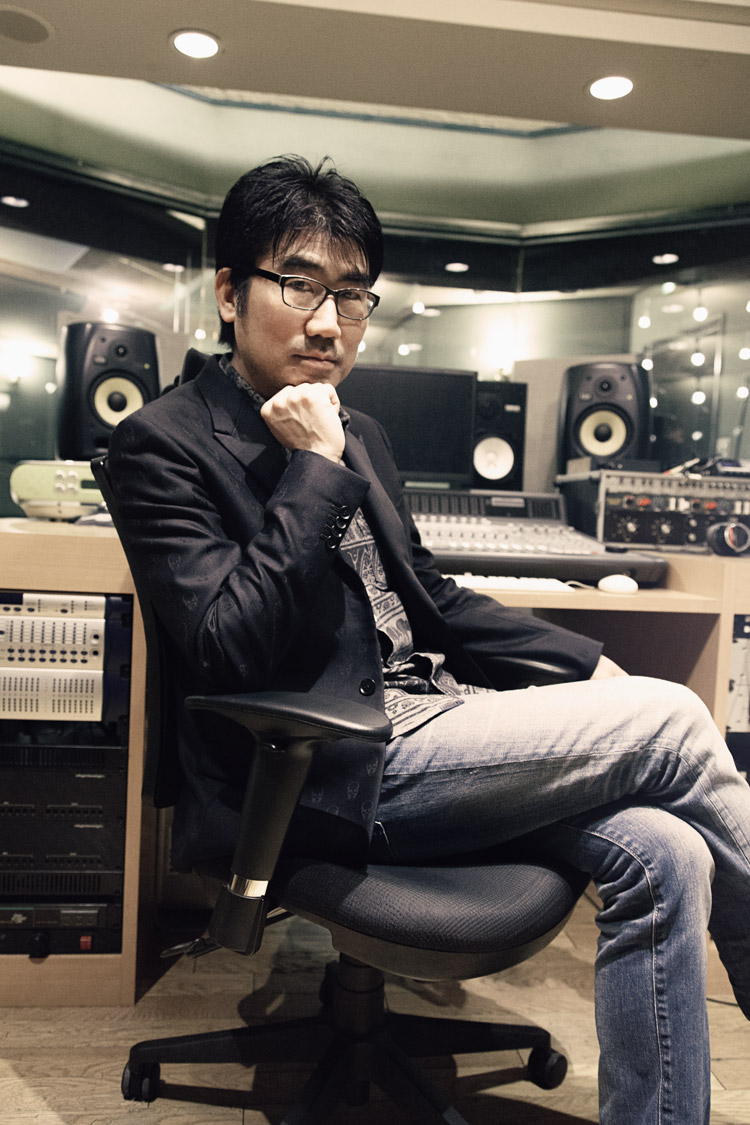
Yes, but these artists also look for you skills. When do you have to disappear and when do you have to leave your mark?
I’m kind of a mirror when I work with these artists. When they look at themselves in that mirror, I want them to see what makes them attractive and special. Adopting that attitude, I’m indirectly part of the band, without actually being a true member. My role is to elaborate music from the inside of the band, without destroying what is special and specific about their music, and also at the same time convince them about what I believe are their true and relevant qualities. But there are also the situations where I act as a musician, and when it happens, I step in entirely in the band’s music. Another point: to reveal the “charming aspects” of an artist, I usually also deal with their issues. Musicians often form misconceptions about their talent and true skills. Look for instance at your translator (Emmanuel – NDR) : he wears a striped t-shirt under his shirt. Nobody is supposed to do that but I think it’s really cool! So I never reassure the artists about their issues. On the contrary, I try to make them understand their complexes are actually their strengths that makes them different from the other artists. They need to stop considering themselves with a negative point of view, they need to transform their problems in assets…
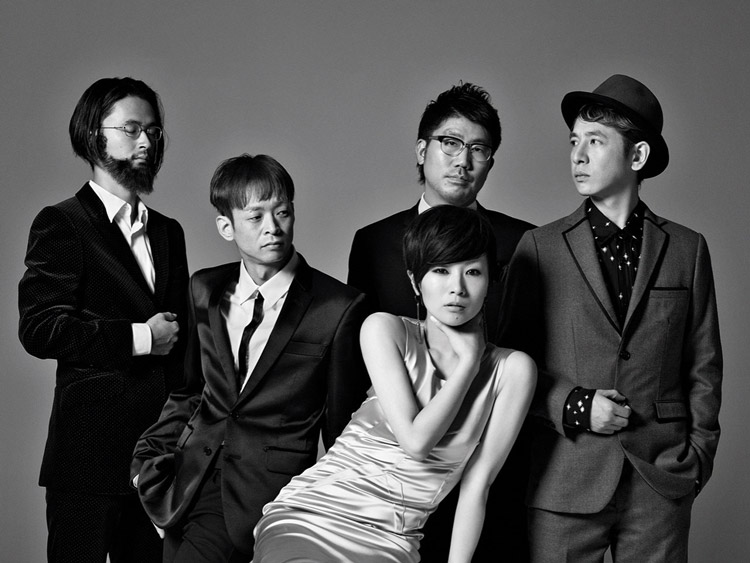
Tokyo Jihen
Spitz Band members remembered recently your happiness during the recording of SOUVENIR Album in 2004 when you announced Tokyo Jihen creation with Sheena Ringo. What meant for you the birth of the band and why were you so happy?
When I announced that I would at last start as a musician, on one hand a lot of people asked me: “Why are you imposing that upon your shoulders? You’re already a renowned artist, a great arranger, you don’t need that.” On the other hand some people, like Spitz members, were truly enthusiastic about a friend reaching a kind of new freedom: “It’s so great! You will at last do everything you want to do!”
I mean, Tokyo Jihen, from a producer’s point of view, was an excellent achievement. But above all, it added for me a recognition as a musician, as a bass player. And finally, Tokyo Jihen is band focused on music, and only on music, with a great care. We made very few commercials or external collaborations. It helped me to climb one more step, just like Paul McCartney but in the reverse way, even when he was greatly considered as a musician, he had to wait before being acknowledged as a producer.
When the band reached its “Phase 2”, we could feel a real collective writing effort. And at the same time, the albums were really homogenous and structured, just like on Sheena Ringo solo Albums. Did each album follow the same creative process?
Actually yes, each album was produced more or less the same way. During Phase 2, each member was able to write songs. We always started with a great quantity of musical material and only then we were deciding what would be the new album style by selecting and tuning songs among each members ideas. And we had the same kind of process during recordings. The structure of the album wouldn’t be clear before having recorded each song. Only at the end we could choose the order of the songs and create this symmetric structure.
The songs you wrote for Tokyo Jihen are pretty rare. Was it because you were to busy on other aspects of production?
(laugh) Not at all. I wrote dozens of songs but I selected and kept only the ones that were in the best interest of each album’s concept. Besides, my songs are always extremely pop, and if we have put too much of them, it would have unbalanced the “Tokyo Jihen spirit”.
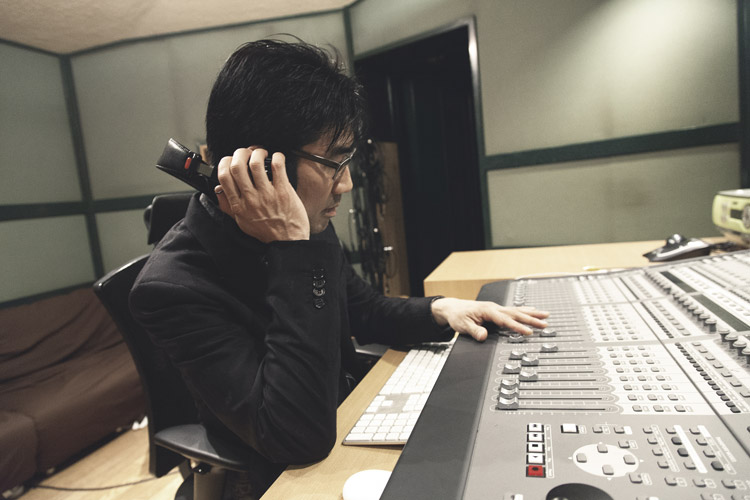
Between Tokyo Jihen albums, promotional tours, concerts, when did you find the time to produce even more artists ?
There’s Toykyo Jihen music, Spitz music, Ken Hirai’s… All are different and working with other artists allows me to breath fresh air, to have different pleasures. If I have only worked with Tokyo Jihen, I would have quickly fiddle around and the audience would have felt it. So it wasn’t about finding the time to work with other artists, it was about always having parallel projects.
How and when have you met Miyavi?
I’ve seen him on Youtube for the first time and I already thought he was a genius guitarist. In 2012, at the EMI Rock Fes, Miyavi and Tokyo Jihen were both in the roster. I’ve seen him live and I was impressed by the power of his performance and his charisma. Then we met and he asked me if I would help him on SAMOURAI SESSIONS. He needed both an arranger and a musician for this album. As I already knew some of the musicians involved and also knew I would do further collaborations with them (Like Kreva for THE THREE or Miu Sakamoto for the INORI WO single), it also played a part in my decision.
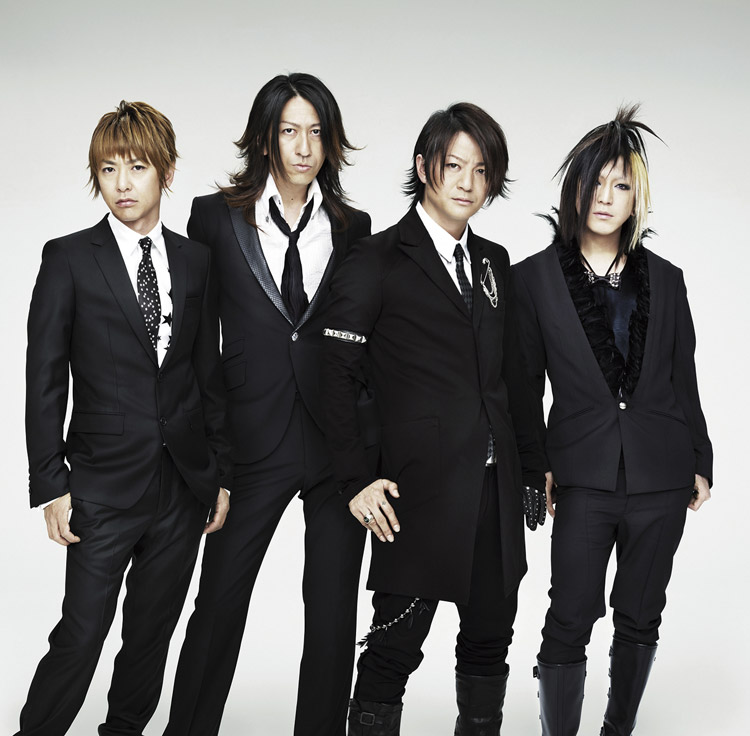
Glay
Miyavi is really popular in France. Did he already proposed you to join a tour in Europe? Would you like to discover the French audience?
Absolutely, I would like to come and play in France. For a Japanese artist, it’s almost a grail to perform in your country. Currently, Miyavi has a very minimal and pure style. He performs alone on stage only with his guitar and a drummer and he plays himself the bass lines. If I would join him presently, our style would be too much redundant. But if he switches soon for something more complex, that would be with great pleasure!
The movie KANOJO WA USO WO AISHISUGITERU was released in Japan in december 2013. It’s been adapted from a Kotomi Aoki Manga, revolving around two musical bands. How did you approach the creation of the music for these two fictitious bands?
It basically started with the way they were drawned and their personality in the manga. I also already had some clear ideas and after several meetings with the actors, the screen writer and the production, we found a direction which helped me to write words, music and adopt a performing style. I’ve made everything, from A to Z…
In 2009 and 2013, you’ve organized the Kame no Ongaeshi, a special reunion of all the artists you work with. Is it a recurring event?
(laugh) the Kame no Ongaeshi is indeed the ultimate pop artist reunion in Japan. I produce this festival and I want to take care about each detail, from selecting the artists to imagining the stage concept. So it takes a lot of time and I need four years between each event. It’s just like the Olympic games or the Soccer world cup!
So the next would be in 2017?
(laugh), it’s true I could organize one of these every four years but there’s other ways to promote artists…
You’ve recently directed a national contest for amateur bassists. What drove you to create such an event?
I started to work professionally when I was 25, which was quiet late. I experienced a longue amateur period in my life and it was very tough. So I want to give the opportunity to young talents to make it happen as soon as possible, to take them under my wing. The other reason is very simple. There are guitar contests, piano, drums, even double bass contests… but no bass contests! And because I like very much that instrument, I wanted at last to highlight it.
In the same idea, what about the Kameda Music School (亀田音楽専門学校)? An NHK E program where you explain to a large audience some musicology details trough popular hits. Was it your initiative or did NHK contacted you with that concept?
It was my idea and I actually produce the show. If I went to see NHK at first, is was because it’s the international Japanese channel and my idea was also to show to an international audience Japanese modern music. It is also for the same reason I accepted this interview with Coyote Magazine, I think it is now very important to promote Japanese pop music for the French audience and throughout the world.
Interview done in Tokyo, studio Atomic Monkey – Tokyo on March the 28th, 2014.
Translation : Emmanuel Bochew
Photos : Laurent Koffel
English translation : Thomas Maksymowicz
Official web site : http://kame-on.com
Twitter : @seiji_kameda
Facebook : www.facebook.com/seijikameda.official

Laisser un commentaire
-
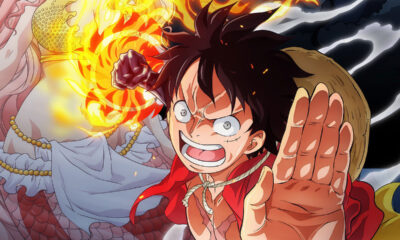
 Agenda5 mois avant
Agenda5 mois avantToei Animation annonce une pause de One Piece et l’arrivée de nouveaux contenus
-

 Anime4 mois avant
Anime4 mois avantBlue Lock saison 2
-

 Divers2 mois avant
Divers2 mois avantDisparition de Patricia Lyfoung
-
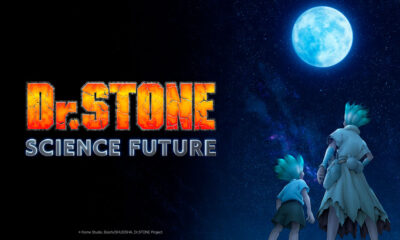
 Agenda2 mois avant
Agenda2 mois avantDr. STONE SCIENCE FUTURE en simulcast sur Crunchyroll
-

 Agenda2 mois avant
Agenda2 mois avantSolo Leveling Saison 2 -Arise from the Shadow- en simulcast sur Crunchyroll
-

 Agenda2 mois avant
Agenda2 mois avantZENSHU en simulcast sur Crunchyroll
-
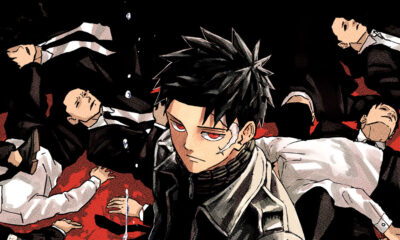
 Agenda2 mois avant
Agenda2 mois avantLe manga Kagurabachi disponible en février
-
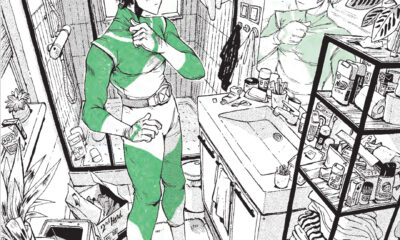
 Agenda2 mois avant
Agenda2 mois avantSHIN ZERO
-

 Agenda2 mois avant
Agenda2 mois avantLa saison 2 des Carnets de l’Apothicaire en simulcast sur Crunchyroll
-

 Agenda2 mois avant
Agenda2 mois avantLÀ OÙ LES ÉTOILES FILANTES TOMBENT
-

 Agenda2 mois avant
Agenda2 mois avantSanda, en librairie le 23 janvier 2025 !
-
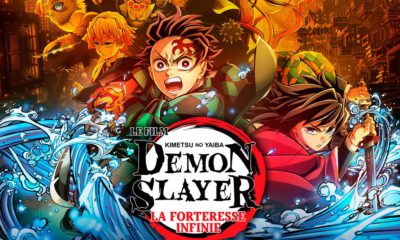
 Agenda5 jours avant
Agenda5 jours avantDemon Slayer : Kimetsu no Yaiba La Forteresse Infinie sortira au cinéma en France dès le 17 septembre 2025


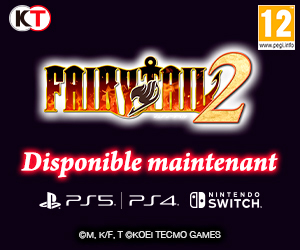
Mima
8 janvier 2015 at 12 h 51 min
Hey, thank you so much for this interview! It was very very interesting.
Also, thank you for translating it into english. I just wanted you to know I also translated it into portuguese (from english) and posted it to a brazilian asian music forum, but giving you guys proper credit. Here’s the link: http://s3.zetaboards.com/AsianMusicBrazil/topic/7709899/
I hope this interview will reach even more people now! :)